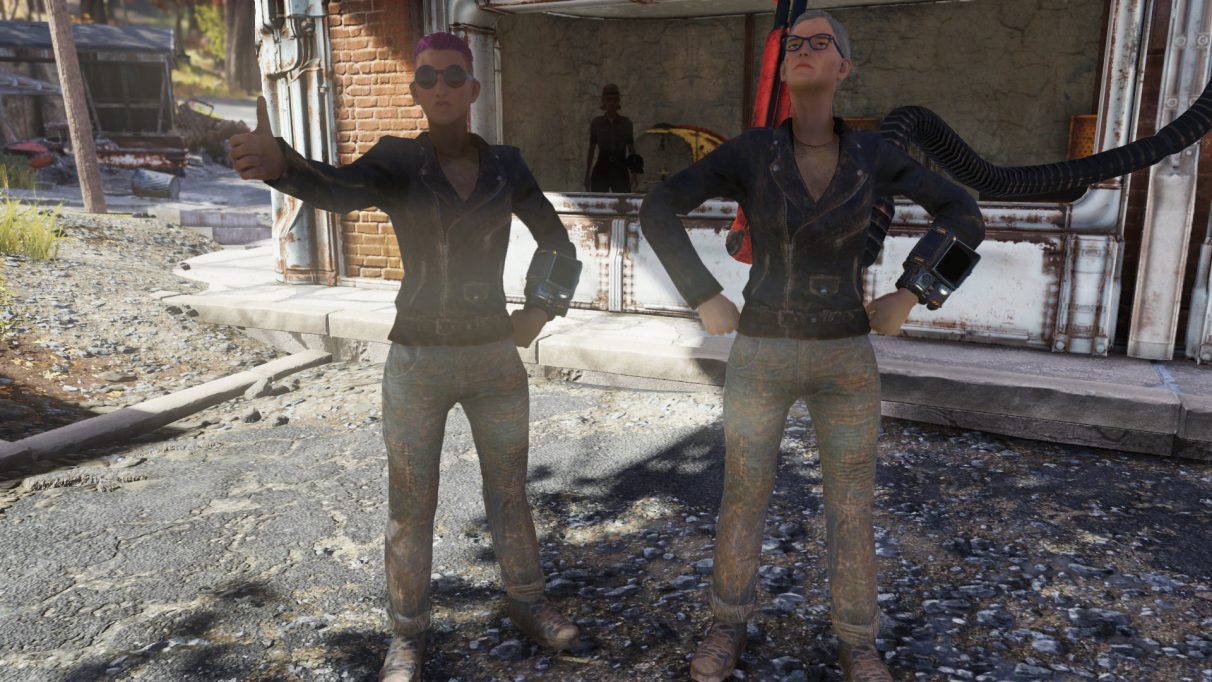 Grand Theft Auto V: nonetheless on Steam.” width=”2560″ peak=”1440″ class=”alignnone size-full wp-image-568125″>
Grand Theft Auto V: nonetheless on Steam.” width=”2560″ peak=”1440″ class=”alignnone size-full wp-image-568125″>
In a transfer to maintain extra large publishers on Steam, Valve are beginning to take a smaller minimize of gross sales from games which make hundreds and a great deal of cash. After $10 million (£8m), Valve’s minimize will go down from 30% to 25%, then past $50 million (£40m) they’ll beginning taking 20%. Valve say that that large games have “positive network effects” for all of Steam in order that they’re value conserving round and rewarding. It’s nonetheless fairly gutting to introduce a regressive tax, the wealthy getting richer whereas many smaller builders wrestle.
“The value of a large network like Steam has many benefits that are contributed to and shared by all the participants. Finding the right balance to reflect those contributions is a tricky but important factor in a well-functioning network,” Valve stated in final night time’s announcement on Steam’s development group. “It’s always been apparent that successful games and their large audiences have a material impact on those network effects so making sure Steam recognises and continues to be an attractive platform for those games is an important goal for all participants in the network.”
Yes, large games being on Steam brings their gamers to Steam, the place they could see and purchase different games on Steam. This does a minimum of make extra sense than ‘trickle-down economics’, the place the wealth get large tax cuts to allow them to hoard much more cash they haven’t any use for. It nonetheless sucks that games making large quantities of cash (way over virtually any small builders ever will) are chopping a greater deal than people who find themselves struggling, that they not solely should take this however ought to contemplate it “an important goal”. Such is enterprise.
The new income share deal solely applies on gross sales from October 1st, not all the best way again to a game’s launch. All a game’s DLC, in-game gross sales, and Community Marketplace charges do contribute to the milestones.
“Our hope is this change will reward the positive network effects generated by developers of big games, further aligning their interests with Steam and the community,” Valve concluded.
Electronic Arts ditched Steam in 2011 to promote their games by their very own rubbish retailer app, Origin. Activision ditched Steam with Destiny 2 and this 12 months’s Call Of Duty, as a substitute placing them on their very own rubbish retailer app. Epic Games quietly drifted away from Steam then made a kajillion {dollars} on Fortnite Battle Royale by their very own consumer. Microsoft use their very own rubbish Microsoft Store app for his or her Windows 10 games, the likes of Forza Horizon four and Sea Of Thieves. Bethesda ditched Steam for their very own garbage retailer app for Fallout 76, a game the place Steam’s simple refunds can be welcome. And Ubisoft did launch their very own rubbish retailer app, Uplay, however have saved their games on Steam too.
Ubisoft and Take-Two (the house owners of Rockstar) are maybe the most important publishers nonetheless releasing games on Steam. Rainbow Six Siege and Grand Theft Auto V are two of Steam’s hottest games, so Ubi and Take-Two should have a good bit of affect over Valve – particularly with Red Dead Redemption 2 hopefully coming to PC sooner or later.
The pattern of huge games leaving Steam with their very own shoppers has reached the purpose that my first response to Creative Assembly relaunching their Total War launcher this week was “Oh so they’re leaving Steam too?” Nawww, a minimum of not but. But! It’s clearly a pattern Valve need to cease. Maybe they’ll even reverse it.
While Valve stress the advantages for smaller devs of huge publishers being on Steam, it advantages the large publishers too. Yes, Valve take a minimize that their very own shops don’t, however they too achieve from the visibility and community results of being on Steam. No one’s casually firing up Origin then seeing their buddies enjoying a game and changing into inquisitive about it or becoming a member of in, which reduces consciousness and shortening games’ lifespans. No one’s excited to take a look at the Bethesda retailer summer season sale. Many folks don’t even need to set up these different shoppers they’d solely use for one or two games. Having their very own consumer provides publishers an even bigger minimize however certainly decrease gross sales, a tough steadiness. With Valve sweetening the deal somewhat, maybe that’ll tip the equation sufficient for some to return to Steam.
Yesterday’s announcement additionally gave builders and publishers permission to begin speaking about their Steam gross sales figures, after years of secrecy, so we must always begin getting a clearer image of extra of the panorama.




